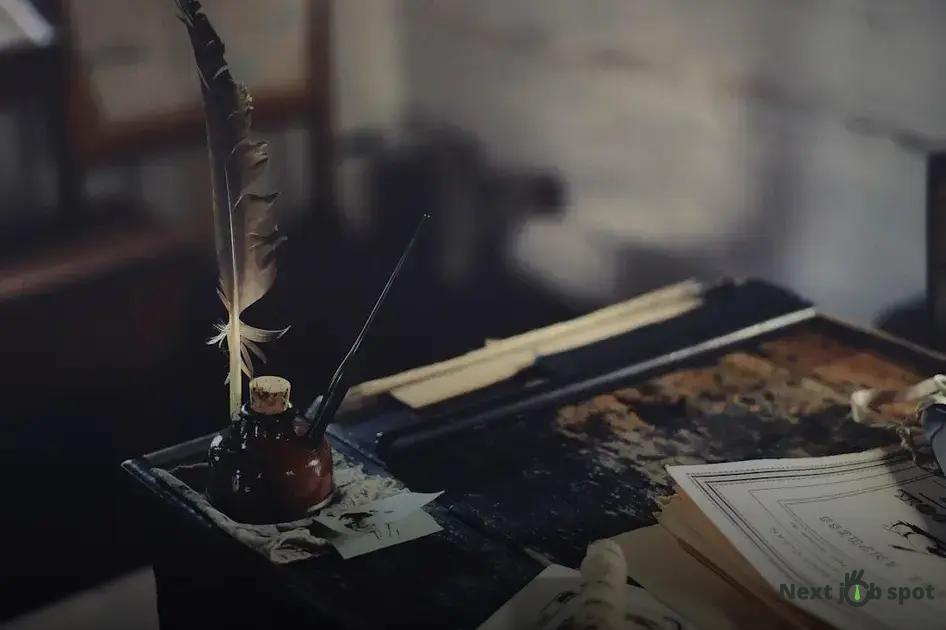How to ace a virtual job interview is a vital skill in today’s job market. Mastering virtual interview technology, preparing for common questions, and presenting yourself professionally online are crucial steps. This guide will help you understand the best strategies to impress employers and ace your interview with confidence. Let’s dive into the essential tips and tricks that will set you apart.
Mastering Virtual Interview Technology
Understanding and mastering virtual interview technology is crucial for a successful online job interview. Familiarize yourself with various video conferencing platforms like Zoom, Skype, and Microsoft Teams. Download the necessary apps on your computer or smartphone ahead of time to avoid last-minute distractions.
Ensure your internet connection is stable, as a poor connection can disrupt the flow of the conversation. It’s wise to have an ethernet cable handy, as a wired connection is usually more reliable than Wi-Fi.
Optimizing Your Environment
Choose a quiet, well-lit room for your interview. Position your camera at eye level to maintain natural eye contact. Consider background elements—keep them simple to avoid distraction. A clean, professional background reflects your attention to detail.
Use a headset with a microphone to minimize background noise and ensure clear audio. Test your microphone and speakers prior to the interview to confirm they are working correctly. During the call, remember to mute your microphone when you’re not speaking, to maintain professionalism.
Troubleshooting Basics
Be prepared for potential technical difficulties. Familiarize yourself with the basic troubleshooting steps, such as adjusting audio/video settings or switching to a backup device if necessary. Practice using the platform’s features like screen sharing or chat functions, as you might need them during your interview.
Understanding these aspects and practicing beforehand will help you to navigate the virtual interview environment confidently and with ease.
Preparing for Common Virtual Interview Questions

During a virtual interview, being prepared for common questions can significantly boost your confidence and performance. Start by researching the company’s background, values, and the specific role you’re applying for. Ensure that you have enough examples ready from your past experiences that demonstrate your skills and achievements.
One question you might encounter is, “Can you tell us about yourself?” Use this opportunity to present a brief professional summary, focusing on your most relevant experiences and accomplishments that align with the job description.
Another frequent question is, “Why do you want this job?” Here, tailor your response to highlight your enthusiasm about the company’s mission and how it resonates with your career goals.
When asked, “What are your strengths and weaknesses?” choose a strength that supports the job requirements, and discuss a weakness in a way that shows your commitment to personal growth.
Lastly, prepare for scenario-based questions like, “Describe a challenge you faced and how you handled it.” Use the STAR method (Situation, Task, Action, Result) to structure your response and clearly show your problem-solving skills.
Remember to practice your answers, but keep them natural, to ensure you come across as genuine and thoughtful during the interview.
Presenting Yourself Professionally Online
In a virtual job interview, your online presence is your first impression. Dressing professionally is crucial, even if you’re at home. Wear professional attire from head to toe to avoid any unexpected moments. Ensure your background is tidy and free of distractions; a neutral or professional setting is recommended.
Lighting plays a vital role—choose a well-lit area, ideally in front of a window, to have natural light illuminate your face. Position your camera at eye level to maintain good posture and eye contact, crucial for creating a connection with your interviewer.
Communication style is equally important. Speak clearly and concisely, and keep your energy and enthusiasm visible without appearing overexcited. Avoid interrupting the interviewer; practice active listening by nodding and acknowledging their points before responding appropriately.
Minimize unnecessary distractions by closing irrelevant applications on your computer, silencing your phone, and ensuring pets or children are in another room. Having a copy of your resume at hand, silently accessible on your desk, can aid you in referencing past experiences without searching for them on-screen, maintaining focus and professionalism throughout.
Remember, the goal is to be remembered: for your qualifications and how professionally and seamlessly you engaged digitally with the interview, ensuring you leave a positive and lasting impression.
Following Up After the Interview

After completing the virtual interview, it’s crucial to maintain momentum with a thoughtful follow-up. Start by sending a thank-you email within 24 hours. Express appreciation for the opportunity and highlight a key point of your conversation that excited you. This shows attention to detail and genuine interest in the position.
You can also reiterate your strengths or qualifications that align with what the company is seeking. This reinforces your suitability and keeps you fresh in the interviewer’s mind. While crafting your message, keep it concise and professional to respect their time.
If you haven’t heard back after a week, it’s appropriate to send a brief check-in email. Politely inquire about the status of your application while reiterating your enthusiasm for the position. This demonstrates persistence without overstepping boundaries.
Continual learning is vital in today’s job market. Utilize any feedback received to enhance your skills and prepare for future opportunities. After every interview, reflect on your performance and identify areas for improvement. This proactive approach can significantly increase your chances of success in subsequent interviews.


